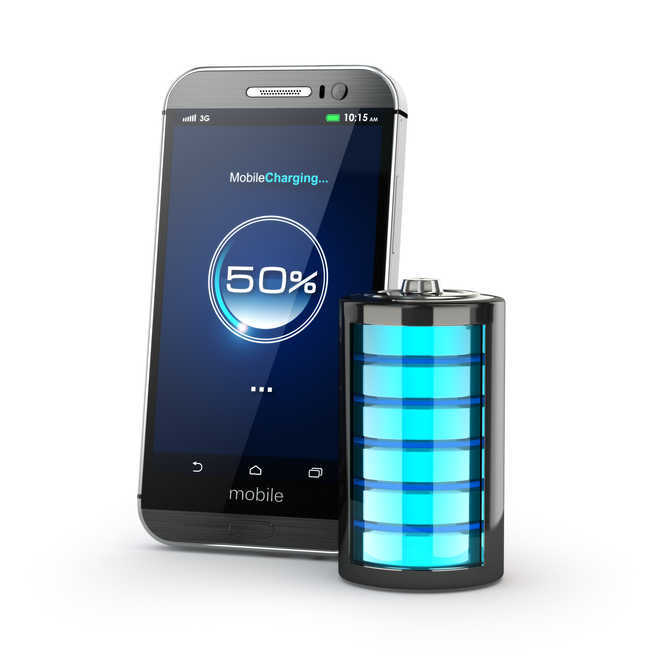Washington, February 12
Searching for a power outlet to charge your devices may soon become a thing of the past, as scientists have developed a small metallic tab that can generate electricity from simple body movements.
“No one likes being tethered to a power outlet or lugging around a portable charger. The human body is an abundant source of energy. We thought – why not harness it to produce our own power?” said Qiaoqiang Gan, associate professor at University at Buffalo in the US.
Triboelectric charging occurs when certain materials become electrically charged after coming into contact with a different material. Most everyday static electricity is triboelectric.
Researchers have proposed numerous nanogenerators that utilise the triboelectric effect; however, most are difficult to manufacture (requiring complex lithography) or are not cost effective.
The tab – a triboelectric nanogenerator – that researchers including those from Chinese Academy of Science (CAS) are developing addresses both of those concerns.
It consists of two thin layers of gold, with polydimethylsiloxane (PDMS) – a silicon-based polymer used in contact lenses – sandwiched in between.
Key to the device is that one layer of gold is stretched, causing it to crumple upon release and create what looks like a miniature mountain range.
When that force is reapplied, for example from a finger bending, the motion leads to friction between the gold layers and PDMS.
“This causes electrons to flow back and forth between the gold layers. The more friction, the greater the amount of power is produced,” said Yun Xu, professor at CAS.
The tab – measuring 1.5 centimeters long and 1 centimeter wide – delivered a maximum voltage of 124 volts, a maximum current of 10 microamps and a maximum power density of 0.22 millwatts per square centimeter.
That is enough to light 48 red LED lights simultaneously, although it is cannot quickly charge smartphones, according to the study published in the journal Nano Energy.
The team plans to use larger pieces of gold, which when stretched and folded together are expected to deliver even more electricity.
Researchers are also working on developing a portable battery to store energy produced by the tab. They envision the system serving as a power source for various wearable and self-powered electronic devices.




 Driving Naari Programme launched in Chandigarh
Driving Naari Programme launched in Chandigarh































